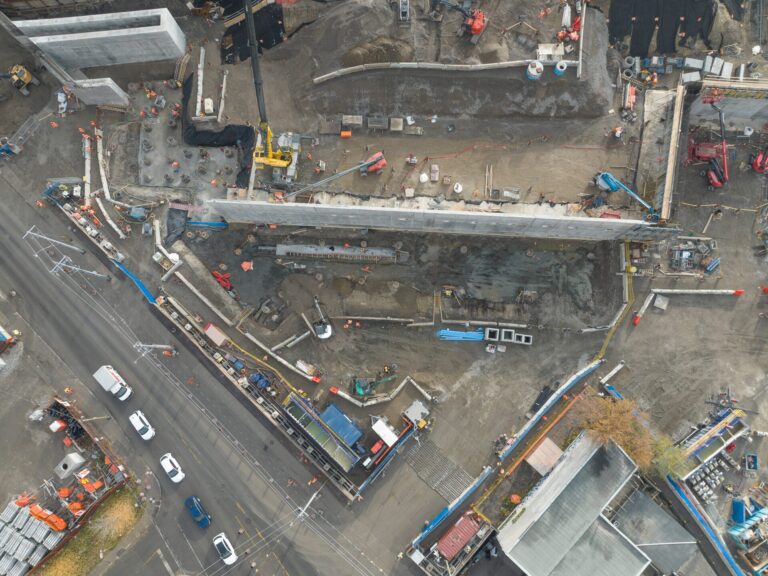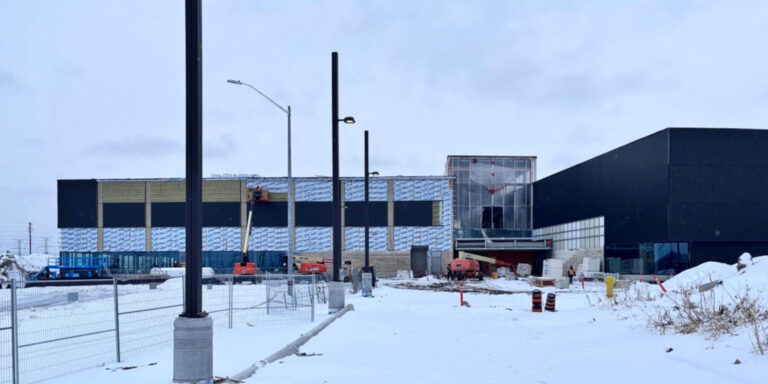As climate change intensifies across Canada, a new report released by the Canada Climate Law Initiative (CCLI) and the Canadian Construction Association (CCA) is calling on the construction sector to embed climate resilience into their core governance. Building resilience: A guide to climate governance for Canada’s construction sector provides a practical roadmap to help industry leaders address growing climate risks across the entire construction value chain.
With nearly 30 per cent of the country’s greenhouse gas (GHG) emissions linked to construction, companies within Canada’s construction industry can play a significant role in addressing climate change and creating more sustainable and resilient communities.
“The construction and buildings sector holds enormous potential to drive positive change,” said Rodrigue Gilbert, CCA President. “Through effective governance, leadership, and collaboration across the value chain, the sector can play a pivotal role in creating more sustainable, climate-resilient communities. From project financing and design through to construction, maintenance, and renovations, each actor plays a critical role.”
While construction has always faced environmental challenges, climate change introduces more severe risks—like heatwaves, wildfires, and flooding—that disrupt projects and endanger communities. The guide calls for long-term, governance-driven strategies to build resilience.
Key messages from the report include:
- Directors and senior leadership are central to climate action. They hold significant power to ensure that climate risks and opportunities are properly considered in business decisions.
- Climate action is a competitive advantage. By adopting long-term strategies around mitigation and adaptation, companies can lead in a changing marketplace, enhance business resilience, and meet evolving client expectations.
- A systems-level coordinated approach is essential. Projects involve many players at different stages in the life cycle—from project inception and financing to maintenance and renovations. Building climate resilience requires cross-sector coordination, continuity, and shared accountability.
“Climate governance is a strategic imperative for Canadian construction companies to build sustainable and resilient businesses and communities for the future,” said Jacqueline Fitzpatrick, author of the guide and CCLI Affiliated Research Scholar.
“Climate governance is not merely a corporate initiative—directors must be aware of their evolving fiduciary duties,” added Amee Sandhu, a volunteer Climate Change Governance Expert at CCLI as well as Senior Legal Counsel at Alstom. “As citizens, regulators, and stakeholders demand accountability, this guide provides practical insights to construction firms’ management and directors as they navigate this newly emerging area of law, ethics, and business.”
The guide offers clear, actionable guidance tailored for construction companies of all sizes. It includes legal context, risk assessment frameworks, and tools to help boards and management teams embed climate governance into their core operations.
“Directors have a clear role to play in shaping the future of the industry,” said Gilbert. “This guide makes it easier for them to lead with confidence, fulfill their responsibilities, and align with the transition to a low-carbon, climate-ready economy.”












